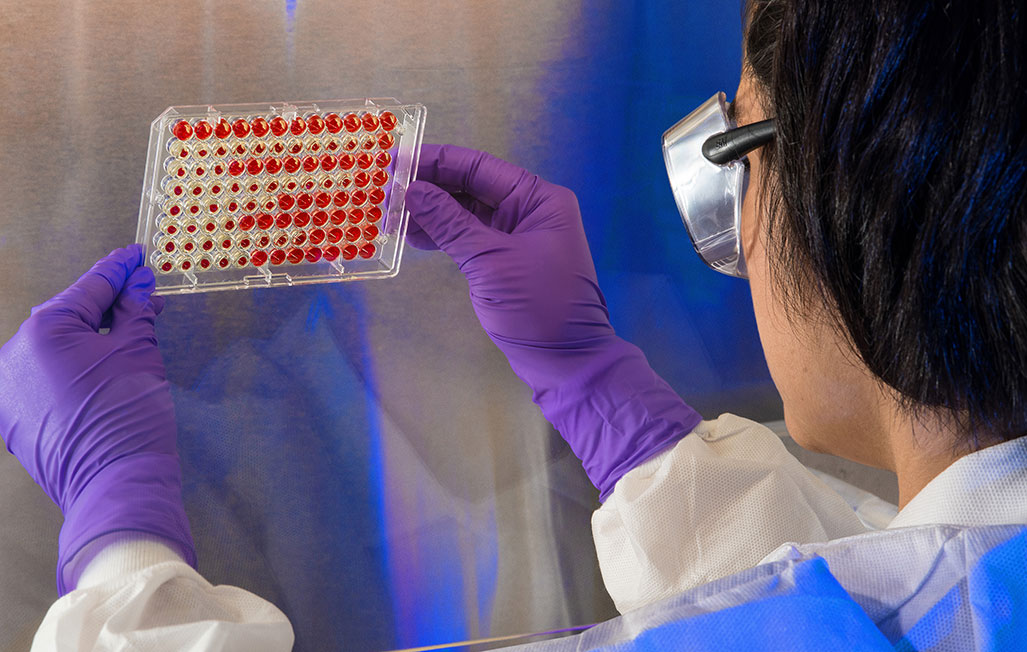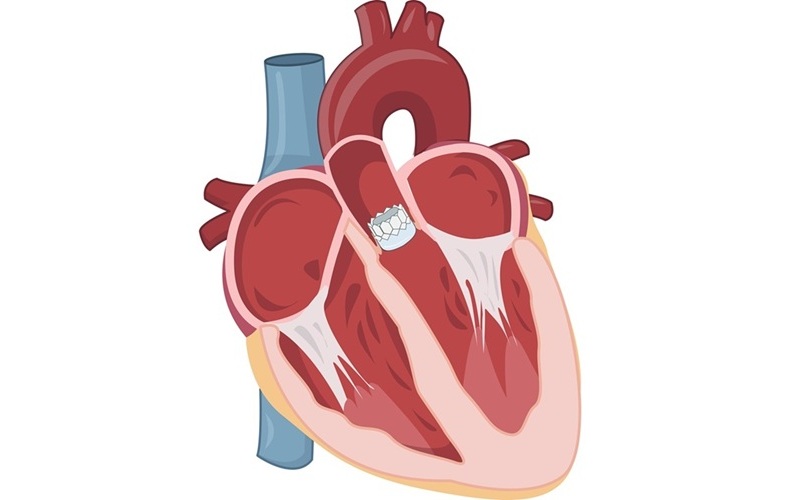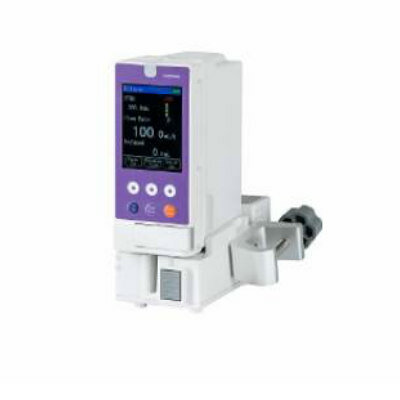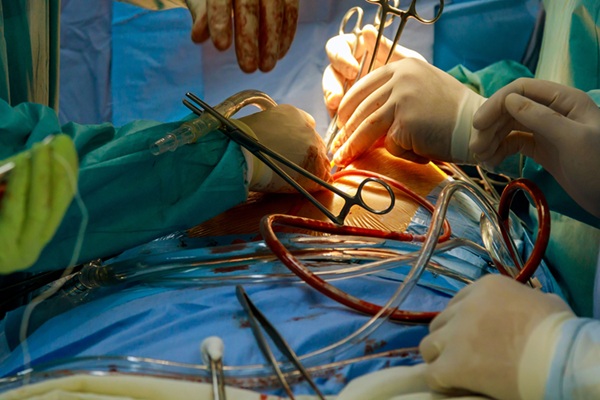Early Sepsis Recognition Platform Could Identify Pre-Symptomatic Patients at POC Using Culture-Free Diagnostic Test
|
By HospiMedica International staff writers Posted on 14 Nov 2022 |

Early sepsis recognition is vital in improving patient prognosis and reducing mortality. Now, a new diagnostic system for early-stage sepsis condition could allow doctors to predict the future appearance and evolution of sepsis within a short period of time and thus, provide a suitable clinical response even before the symptoms arise.
DeepUll (Barcelona, Spain), a biotech company, is creating rapid, affordable and accessible diagnostic solutions with a specific focus on culture-free diagnostics to enable sepsis recognition in pre-symptomatic patients. DeepUll’s technology aims to not only rapidly identify the causative infective agent(s) within a few hours, but will also provide phenotypic antimicrobial susceptibility results, thus reducing the unnecessary use of antimicrobials. The product will also utilize artificial intelligence (AI) to offer seamless medical decision support across all phases of patient management, from early disease recognition, to precise diagnostics, up to therapy guidance.
DeepUll’s first-in-class sepsis recognition platform is designed to detect more than 250 different pathogens and about 15 resistance genes in one hour starting from 10mL of whole blood. The product will generate phenotypic antimicrobial susceptibility results in about eight hours, without requiring a positive blood culture. The product will be a desktop system with end-to-end automation with the aim to be placed in any clinical setting (laboratory, ER, ICU).
“Early identification of sepsis is absolutely crucial to a patient’s prognosis, but the tools caregivers have available today are woefully inadequate,” said Jordi Carrera, Chief Executive Officer and Co-Founder of DeepUll. “Our mission is to change this and this financing will allow us to ramp up our efforts to bring our first-in-class sepsis recognition platform to market.”
Related Links:
DeepUll
Latest Point of Care News
Channels
Critical Care
view channel
Mechanosensing-Based Approach Offers Promising Strategy to Treat Cardiovascular Fibrosis
Cardiac fibrosis, which involves the stiffening and scarring of heart tissue, is a fundamental feature of nearly every type of heart disease, from acute ischemic injuries to genetic cardiomyopathies.... Read more
AI Interpretability Tool for Photographed ECG Images Offers Pixel-Level Precision
The electrocardiogram (ECG) is a crucial diagnostic tool in modern medicine, used to detect heart conditions such as arrhythmias and structural abnormalities. Every year, millions of ECGs are performed... Read moreSurgical Techniques
view channel
Bioprinted Aortas Offer New Hope for Vascular Repair
Current treatment options for severe cardiovascular diseases include using grafts made from a patient's own tissue (autologous) or synthetic materials. However, autologous grafts require invasive surgery... Read more
Early TAVR Intervention Reduces Cardiovascular Events in Asymptomatic Aortic Stenosis Patients
Each year, approximately 300,000 Americans are diagnosed with aortic stenosis (AS), a serious condition that results from the narrowing or blockage of the aortic valve in the heart. Two common treatments... Read more
New Procedure Found Safe and Effective for Patients Undergoing Transcatheter Mitral Valve Replacement
In the United States, approximately four million people suffer from mitral valve regurgitation, the most common type of heart valve disease. As an alternative to open-heart surgery, transcatheter mitral... Read morePatient Care
view channel
Portable Biosensor Platform to Reduce Hospital-Acquired Infections
Approximately 4 million patients in the European Union acquire healthcare-associated infections (HAIs) or nosocomial infections each year, with around 37,000 deaths directly resulting from these infections,... Read moreFirst-Of-Its-Kind Portable Germicidal Light Technology Disinfects High-Touch Clinical Surfaces in Seconds
Reducing healthcare-acquired infections (HAIs) remains a pressing issue within global healthcare systems. In the United States alone, 1.7 million patients contract HAIs annually, leading to approximately... Read more
Surgical Capacity Optimization Solution Helps Hospitals Boost OR Utilization
An innovative solution has the capability to transform surgical capacity utilization by targeting the root cause of surgical block time inefficiencies. Fujitsu Limited’s (Tokyo, Japan) Surgical Capacity... Read more
Game-Changing Innovation in Surgical Instrument Sterilization Significantly Improves OR Throughput
A groundbreaking innovation enables hospitals to significantly improve instrument processing time and throughput in operating rooms (ORs) and sterile processing departments. Turbett Surgical, Inc.... Read moreHealth IT
view channel
Printable Molecule-Selective Nanoparticles Enable Mass Production of Wearable Biosensors
The future of medicine is likely to focus on the personalization of healthcare—understanding exactly what an individual requires and delivering the appropriate combination of nutrients, metabolites, and... Read more
Smartwatches Could Detect Congestive Heart Failure
Diagnosing congestive heart failure (CHF) typically requires expensive and time-consuming imaging techniques like echocardiography, also known as cardiac ultrasound. Previously, detecting CHF by analyzing... Read moreBusiness
view channel
Expanded Collaboration to Transform OR Technology Through AI and Automation
The expansion of an existing collaboration between three leading companies aims to develop artificial intelligence (AI)-driven solutions for smart operating rooms with sophisticated monitoring and automation.... Read more


















